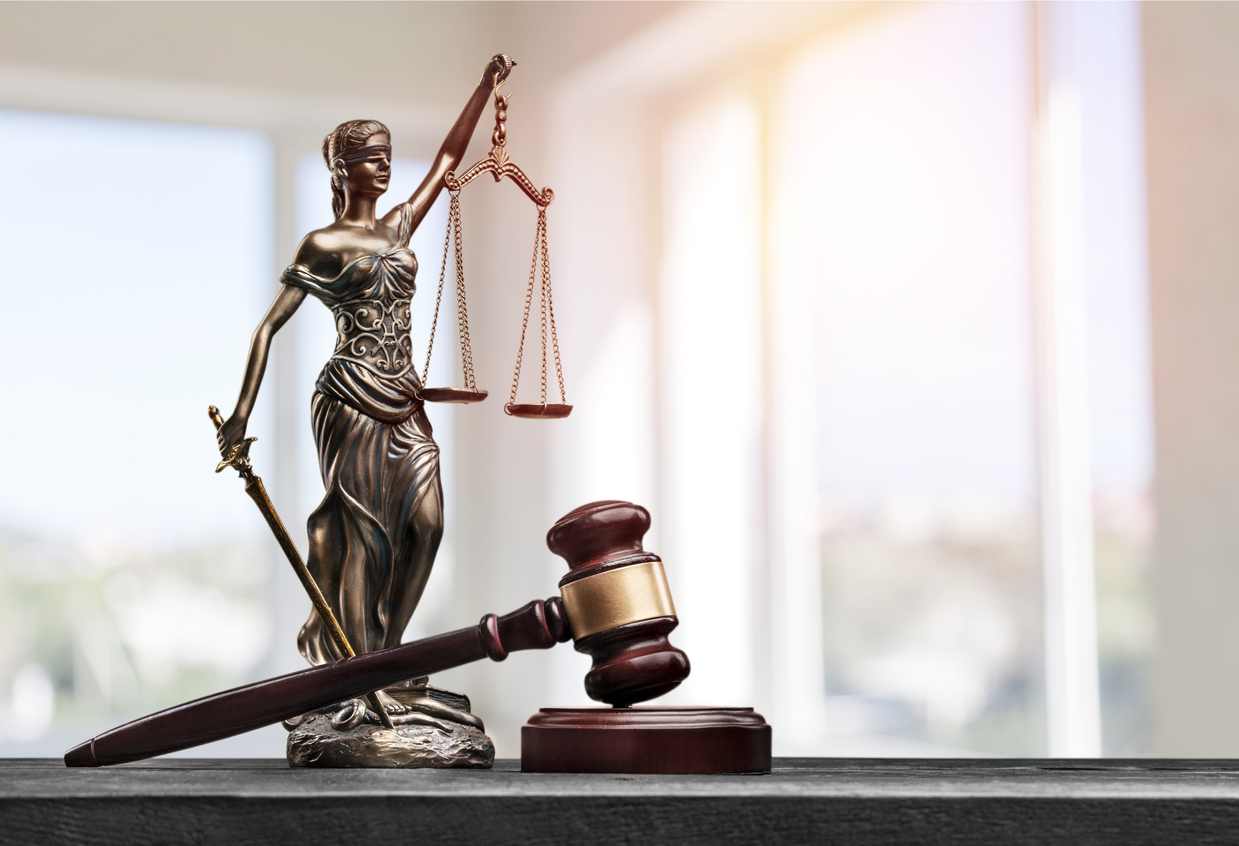The Court-appointed expert must fulfil the task entrusted to him or her by following the perimeter of investigation indicated to him or her by the judge; sometimes the Court’s Expert takes investigative initiatives on his or her own that seem to exceed the perimeter; the advice is not always null and void if the principle of cross-examination between the parties is respected.
Ex officio technical advice is intended to help the judge in the evaluation of the elements acquired or in the solution of questions involving specific knowledge, it being understood that the party cannot invoke it to make up for its own evidentiary deficiencies.
The consultant appointed by the judge, within the limits of the investigations entrusted to him and in observance of the cross-examination of the parties, may acquire all the documents necessary for the purpose of answering the questions submitted to him, even disregarding the allegation activity of the parties, (See. Cass. Civ., Sez. III, 07/09/2023, n. 26144 in Giust. Civ. Mass. 2023 – conformi: Cass. Civ., Sez. II, 21/07/2023, n. 21903 Giust. Civ. Mass. 2023; Cass. Civ., Sez. VI, 31/08/2022, n. 25604 in Diritto & Giustizia 2022, 31 agosto; Cass. Civ. Sez. Un., 01/02/2022, n. 3086 in Diritto & Giustizia 2022, 2 febbraio).
In any case, the Court-appointed expert witness may not conduct verifications and investigations on facts not in the case or examine documents not produced in the trial without stimulating the necessary cross-examination between the parties (Corte appello, Napoli, Sez. VIII, 17/10/2022, n. 4290), otherwise, the investigation could be declared null and void for violation of the ousted party’s right of defence.
Still with regard to the operational limits of the investigation, the Court expert cannot initiate expert operations (or suspend them or, finally, resume them) without notifying the parties, under penalty of nullity of the consultancy itself.
It should be recalled, however, that if the party intends to raise an issue of nullity for the unlawful use of documents or otherwise, it must raise the relevant exception not through the party’s consultant – e.g. during the course of the expert’s operations – but through the defense counsel; as for the time limit for formulating said exception, according to the Supreme Court’s established orientation, it is necessary to object to the nullity of the advice “…in the first instance or hearing following the filing of the advice itself; regardless of whether said objection was made by the party’s expert witness during the expert’s work …” (Cass. Civ., Sez. I, 15/11/2023, n. 31744 in Diritto & Giustizia 2023, 16 November); it is, in short, a relative nullity.
According to part of the jurisprudence of legitimacy, the OTC may be supported by a coadjutor to carry out the task entrusted to him/her without the authorization of the judge: as is well known, the consultant may avail himself/herself of the work of specialists, in order to acquire, through the appropriate and necessary technical aids, all the elements of judgment, without the need for prior authorization of the judge, nor a formal appointment, provided that he/she assumes moral and scientific responsibility for the investigation and the conclusions reached by the collaborator (see. Cass. Civ., Sez. III, 29/03/2006, n. 7243 in Giust. civ. Mass. 2006, 3; conforme, più risalente, Cass. Civ. 08/03/1984 n. 1605).
The concluding report of the Court expert, whether they are filed at the conclusion of a preventive technical assessment or in the course of the ordinary trial, is freely appreciable and usable by the judge by comparing it with the other preliminary findings acquired in the course of the trial; in deference to the principle judex peritus peritorum, for the solution of questions of a technical nature, the judge is not obliged to follow the conclusions of the Court consultant, as he may well disregard them by following his own and autonomous reasoning and conviction; in fact, the judge who resorts to the aid of a technical consultant does not at all divest himself of his decisional powers.
DISCLAIMER: This newsletter merely provides general information and does not constitute legal advice of any kind from Macchi di Cellere Gangemi. The newsletter does not replace individual legal consultation. Macchi di Cellere Gangemi assumes no liability whatsoever for the content and correctness of the newsletter.
